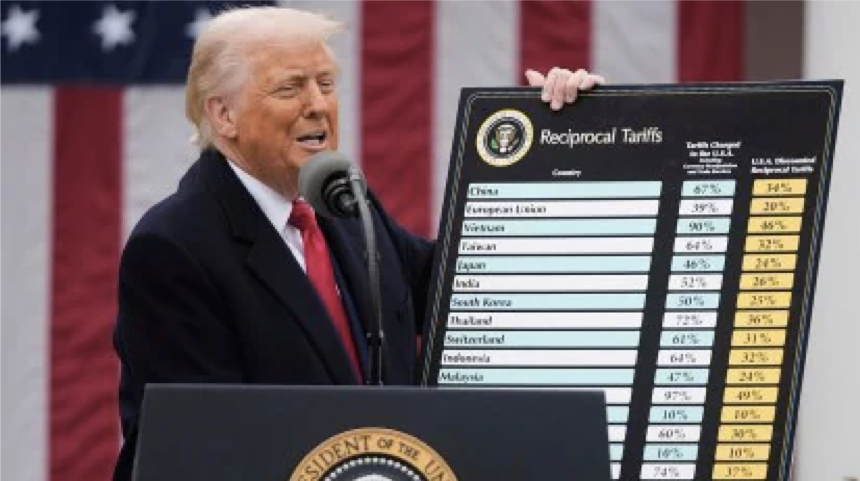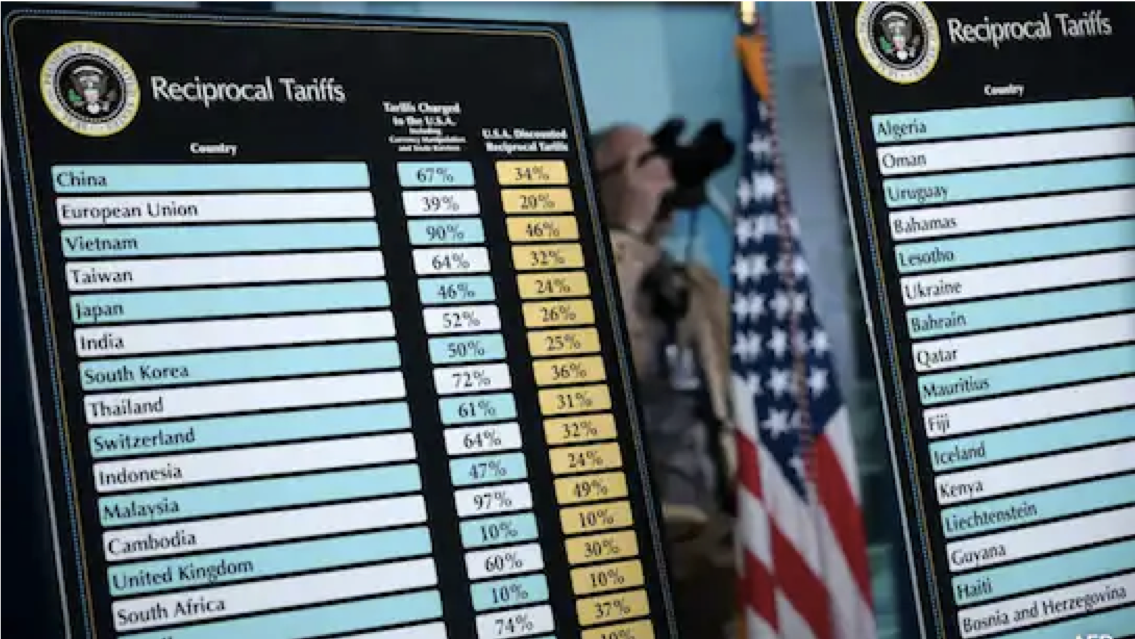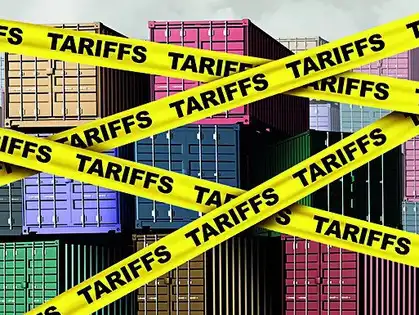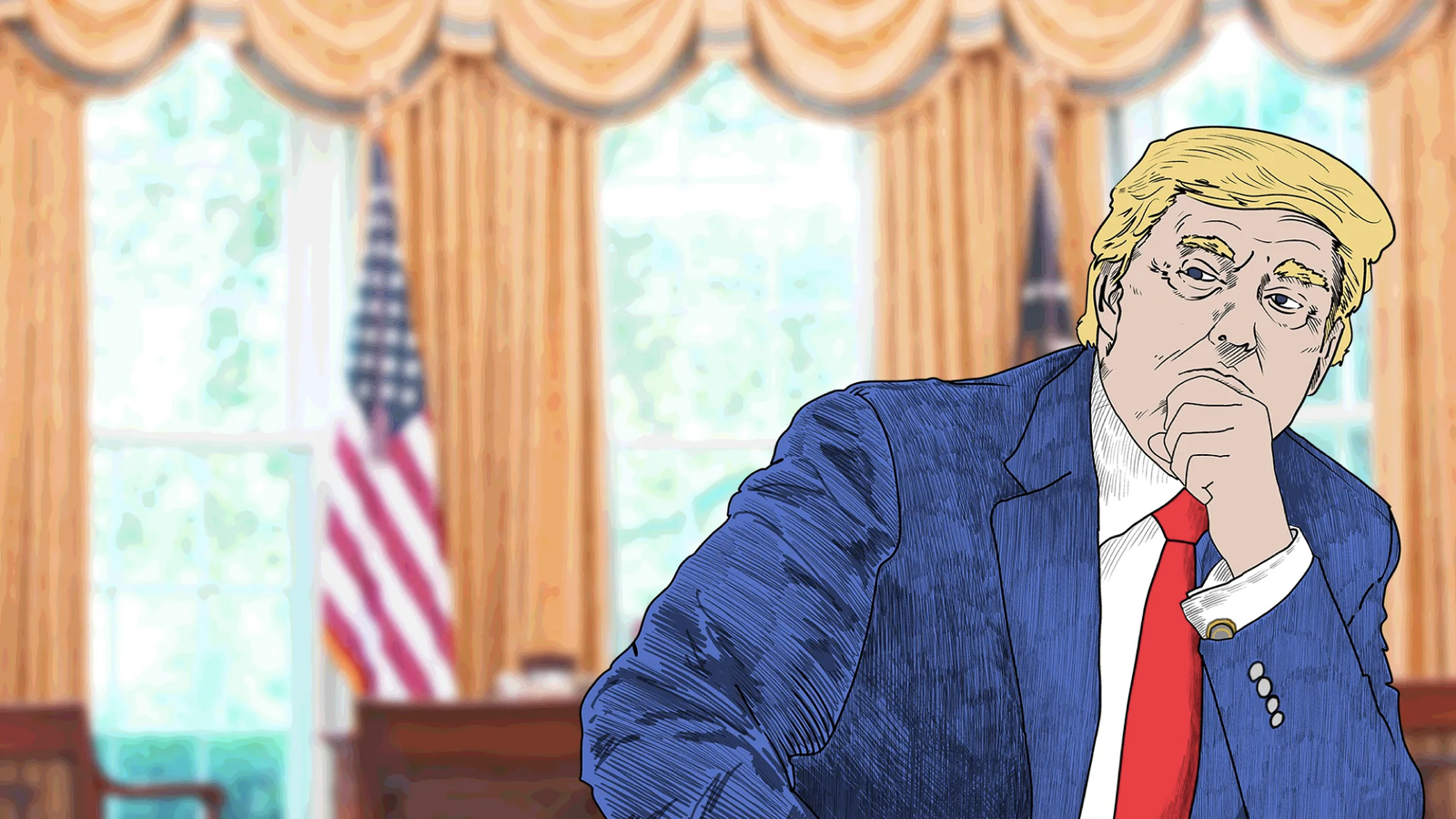
AI and Employment: Are They in Conflict?
The article explores the evolving relationship between artificial intelligence (AI) and employment, arguing that while AI-driven automation enhances efficiency and may initially displace certain job roles, it ultimately cannot replace human labor on the consumption side of the economy. Drawing parallels to the Y2K era, the author suggests that fears of mass unemployment due to AI are overstated. Instead, AI should be viewed as a productivity tool whose limitations in analytical transparency and dependence on human purpose underscore the continuing importance of human labor.
Read More →




